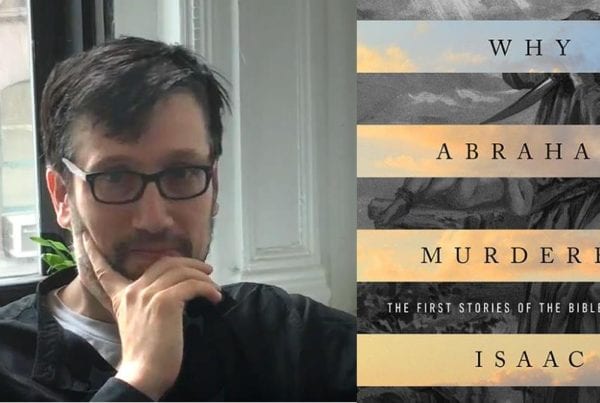Yom Kippur 2012
Rabbi Peter Schweitzer
When I was a teenager I was fortunate to go to Europe with my parents and my cousins. One day I took a walk by myself in Paris. I had a pretty good sense of direction and enough confidence not to get lost, but just in case, I stopped at a small kiosk and bought a very neat trifold laminated map and stuck it in my back pocket. After a while an American family approached me and said, “Where did you get that map?” And I answered, “I got it at a store over there.” It all seemed quite silly afterwards when we realized that we spoke English in common but needed to raise our voices to somehow make ourselves understood. Several months ago, my mother-in- law was in the hospital and at one point she needed to be intubated, so when family members went to visit her, she communicated by writing down brief notes on a handy pad. By coincidence, at that same time I happened to visit my father in his nursing home and he was having a hard time hearing me. So it was my turn to write to him what I wanted to say. How we get our message across, how it is heard, how it is understood, are all crucial parts of communication.
The content is also critical. Rabbi Sherwin Wine, the founder of Humanistic Judaism, taught us about what he called the “ethics of words.” He said, “Say what you believe and believe what you say.” In other words, be honest in your speech. And so, as a movement we have been particularly attentive to the words we utter in our services and celebrations. We want them to be meaningful and intelligent. We want them to be consistent with our thinking without sacrificing poetry and inspiration.
Regrettably, the lesson about not fudging your words seems lost on many of our politicians. They routinely say one thing and them immediately claim they didn’t mean it. Or they say it was off the cuff and not expressed well. Or, if they are a bit more honest, they admit to what they said and apologize for having misspoken, but the false words are out there and can’t easily be extracted or twisted into something else. The damage is already done. Some use a spokesperson or surrogate or spouse to insulate them from criticism. Their common strategy is to reverse the argument and attack the critics for unnecessary distractions and making much ado about nothing. But it isn’t nothing when untruths are spread, when quotes are taken totally out of context and even misattributed, when there are blatant distortions, when the goal of communication apparently is to say anything you need to say in order to win votes regardless of the truth. What’s wrong, after all, with disregarding any semblance of honesty, with trafficking in inflammatory language, and with pandering to each target audience? Why not take multiple views on the same issue that change with the wind? Why not even spread blatant lies and wear people down by the sheer weight of repetition?
Because it builds castles on very shaky sand. And because we lose trust in the messenger. And because it devalues truth. And because it shows disdain for our ability to make choices and decisions based on thoughtful analysis and evaluation of real facts and real numbers. Now we like to think that some politicians and leaders are more reliably honest than others, but we’ve been conditioned not to be entirely sure what any of them really believe or if any them will truly hold to their promises. Even those we like and support can end up disappointing us. The necessity of political survival gets in the way of their pledges, commitments and higher purposes. They will never please all of us all of the time. Now what does any of this have to do with us on this special day of the year? The answer is that this devotion to truth has been our curse and our blessing. Jews have historically earned the wrath of the nations because we have been relentless in championing moral expectations of all humanity. When others would abandon the shackles of conscience and morality, we have clung to a moral compass. When others would restrict rights and freedoms, we would expand them. Right and freedoms for ourselves personally, to be full and equal members of society, but for more than ourselves, for all peoples who are disenfranchised, left out, pushed aside, or worse, punished for being different.
Now this championing of an ethical life can lead in two directions. It can promote smug superiority or it can encourage humility. We can claim to be the “chosen people” and better than others. Or it can teach us that we are no more special than anyone else. If we want to be a light to the nations then we better shine that light on our own house first. That self-examination starts with ourselves. It’s a task for everyday and especially for this day, Yom Kippur, when we gather to look inward, take stock, take measure. This is a day for an honest talk with ourselves.
Do we have a consistent set of morals and personal guidelines and do we live up to them?
Do we keep our word to others and to ourselves? Do we own our missteps?
Do we live by a system of rigid rules that brook no negotiation? Is there room for
flexibility or modification?
Do we shout to get our message across? Or can we convey our ideas calmly and let the merits of our views speak for themselves?
Can we hear views that are contrary to our own? Can these ideas help shape our own?
These are just a few of the questions we can ask ourselves today. And that we should continue to ask of our politicians.

